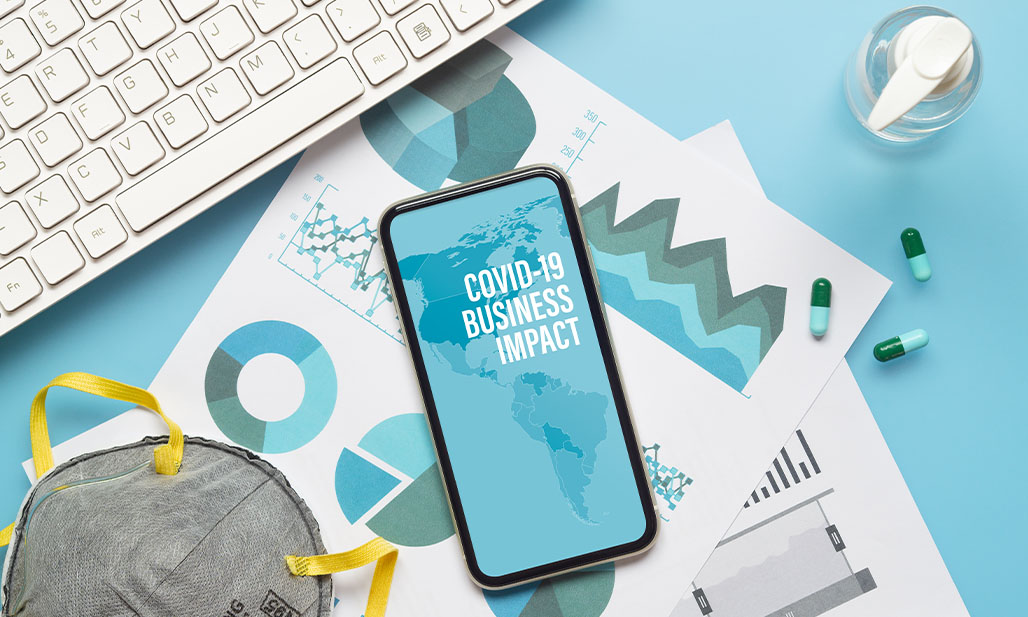The landscape of business has undergone fundamental shifts. Companies that were adjusting to the digital marketplace\’s challenges now face additional hurdles like global health crises and economic uncertainties. These changes have reshaped customer expectations and altered traditional business strategies.
Understanding the New Market Dynamics
In this transformed environment, businesses might find themselves confronting a world vastly different from what they anticipated. The ongoing evolution of consumer behavior, influenced by both global events and technological advancements, demands strategic adaptation. Also view our Innovation & Strategy Training Courses
The Shift in Marketing Strategies
Marketing, as a discipline, is witnessing a significant transformation. Previously, businesses could rely on a few established marketing positions to carve out their niche. However, the modern landscape presents a more polarized approach. Check Our Management & Leadership Training Courses
The Impact of the Internet and Consumer Perception
The internet has long been a force that leveled the playing field, turning once-loyal brands into commodities compared by price and peer reviews. Post-pandemic, this trend continues, but with added layers of consumer caution and conservatism.
Price vs. Quality in Consumer Decision-Making
It\’s well understood that consumers associate price with quality. However, quality is subjective, defined by individual experiences and expectations. Companies that excel will be those who understand and cater to these perceptions.
Exploring Strategic Business Models
Businesses have two primary strategic paths moving forward:
The Cost-Effective Approach
Some companies will opt for the cost-leader model, providing affordable, generic products that appeal to price-sensitive consumers. While this path offers high-volume sales potential, it comes with challenges including maintaining low costs and navigating intense competition. Explore our Emotional Intelligence Training Courses
The High-End Brands Strategy
Conversely, high-end brands continue to thrive by leveraging trust and quality. Despite market disruptions, the allure of established, prestigious brands remains strong. These brands reassure consumers through consistent quality and reliability.
Building Trust in the New Business Era
Trust is paramount in the post-pandemic era. Consumers seek partnerships with brands that demonstrate reliability and integrity. This trust-building is essential, particularly when financial commitments are substantial. Explore Our Quality of Life Training Courses
Branding and Emotional Engagement
Behavioral economics underscores the emotional basis of most purchasing decisions. Successful brands create connections with consumers by tapping into their emotional drivers. This involves understanding their needs, aspirations, and concerns.
Leveraging Customer Experience and Social Media
A customer-centric approach, supported by effective social media strategies, can significantly enhance brand loyalty. Businesses must focus on delivering exceptional customer experiences that resonate on an emotional level.
Making Strategic Choices for the Future
Organizations face a critical decision in positioning themselves for success:
- Choose to Compete on Price: Become the cost leader by offering unbeatable prices.
- Invest in Brand Trust: Build a strong brand that customers trust and engage with emotionally.
- Adapt or Exit: The choice is yours—adapt to these changing dynamics or risk being left behind.
In this new era, the path to business growth requires careful consideration and strategic alignment with evolving consumer expectations. By understanding the market, leveraging trust, and delivering emotional connections, businesses can thrive amidst change.
